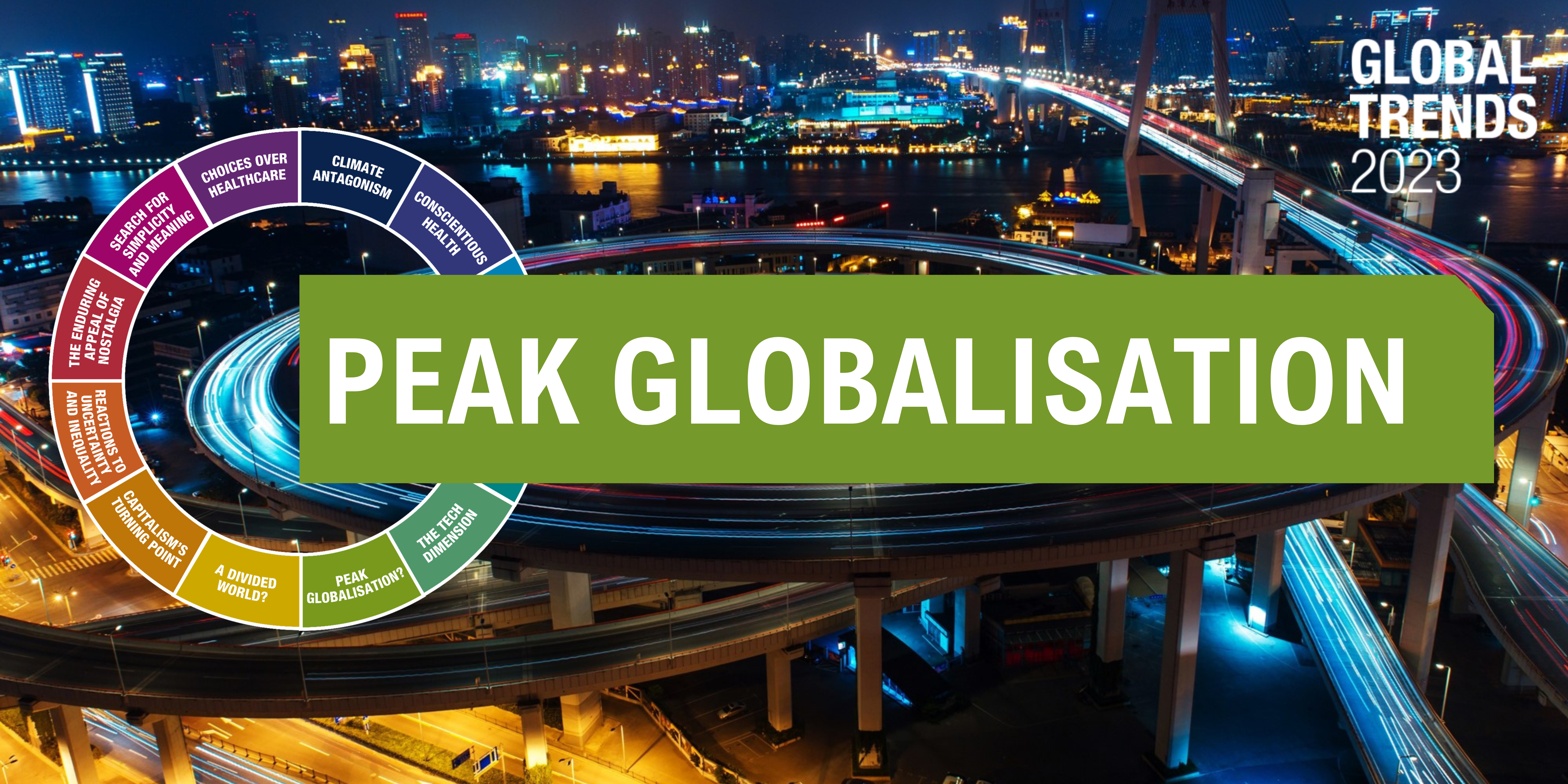89% of Vietnamese think globalisation is 'good for my country'

The world remains divided on the benefits of globalisation. Increasing travel, greater cultural exchange and the rise of cheap products (facilitated by low labour costs and developed international supply chains) represent significant benefits to many. However, the dilution of local cultures, perceived lifestyle homogenisation, increased consumerism, rising emissions and faster habitat loss are all among the significant impacts of globalisation.

Many commemtators feel that we have already reached peak globalisation and are moving to a world where protectionist policies, shorter, more secure supply chains, and a greater focus on nationality, and local community will create a smaller, less globalised landscape. We at Ipsos are less sure.
It is clear, though, that attitudes to globalisation are strongly linked to the economic development of nations and the living standards of their populations: of the top 20 countries ranked in terms of how much they feel globalisation is 'good for my country', ten are in Asia, six in Latin America and three in Middle East/Africa. Only one (New Zealand) falls outside these emerging regions.
Thought Starters

Where does your organisation sit along the global-to-local continuum, and can, or should, this positioning be flexed?
Do you truly know what your consumers value more - the sustainability and reliability/sped of supply that come with local production, or the lower costs of a more global approach?

![[Exclusive Event] Unlocking GROWTH with AI - Beyond the Hype](/sites/default/files/styles/list_item_image/public/ct/event/2025-09/Website%20banner%20-%20Copy.png?itok=6vv-Ov30)

